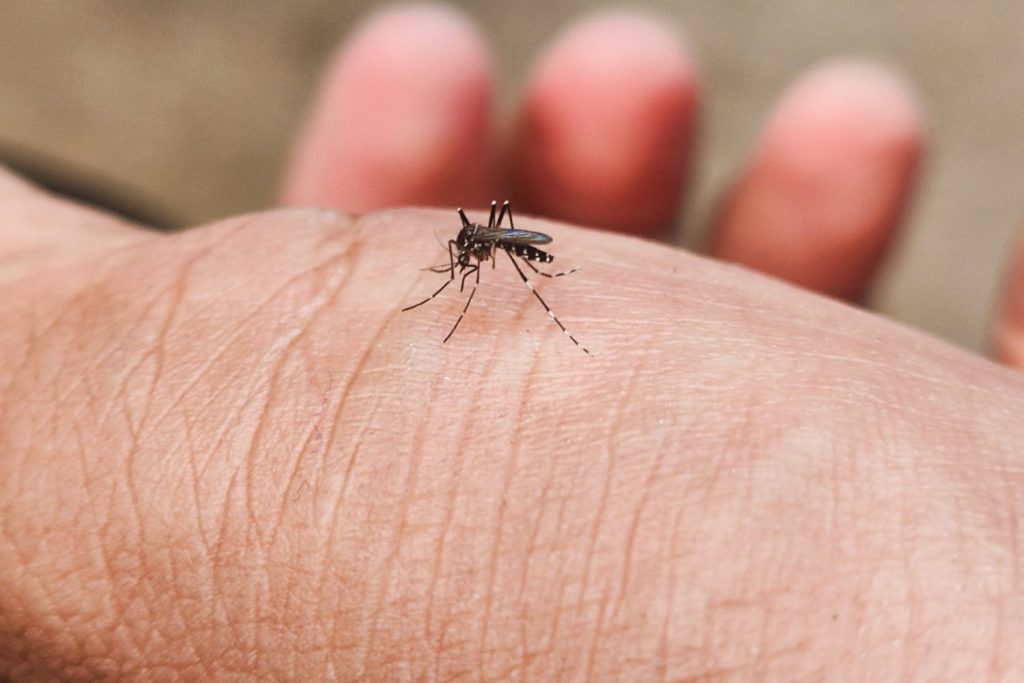Now Reading: FDA says GM pigs safe to eat
-
01
FDA says GM pigs safe to eat
FDA says GM pigs safe to eat
Pigs genetically modified to resist a devastating virus are now approved for human consumption in the United States. British animal genetics company Genus, based in Basingstoke, announced in April that the US Food and Drug Administration (FDA) had approved its gene-edited pigs after a lengthy review through the agency’s Investigational New Drug regulatory pathway.
The pigs are modified to resist porcine reproductive and respiratory syndrome (PRRS), which is the most economically damaging swine illness in the North America, Europe and Asia. The RNA virus that causes PRRS evolves frequently, and vaccines have been unable to control the disease.
Genus used CRISPR to disable the porcine CD163 gene, which encodes the host entry receptor for the virus. CD163 is expressed on the surface of mature macrophages and monocytes. When one of the CD163 domains was edited in pig, the animals had PRRSV-resistant pulmonary alveolar macrophages and showed no sign of infection when challenged with the virus. The offspring of these pigs inherit the virus resistance trait. The work stems from the research of Randall Prather at the University of Missouri, who published in Nature Biotechnology in 2016.
Successful commercialization will require approvals in key US export markets—Mexico, Canada and Japan—because the United States is a net exporter of pork. Genus has already received a green light from regulators in Brazil, Colombia and the Dominican Republic, who ruled that the pigs will be regulated the same as non-engineered swine. The company is also seeking regulatory approval in China, which is the largest pork consumer.
The FDA has previously approved two genetically modified animals for the food supply. The first was a genetically modified salmon that grows faster than its unmodified counterparts. But sales were limited and its developer, AquaBounty of Harvard, Massachusetts, is discontinuing operations. The second, the GalSafe pig from Revivicor in Blacksburg, Virginia, is modified to disable the production of a sugar molecule called α-gal that causes allergic reactions in some people. The company is working toward using these pigs’ tissues and organs for xenotransplantation.























